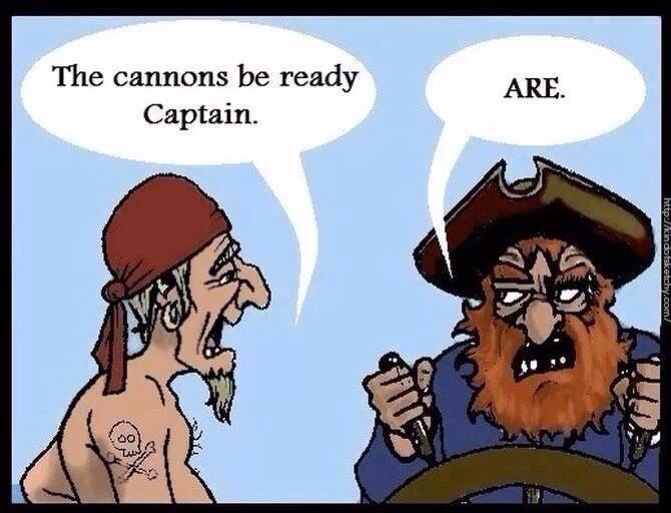//No I do not have a glass eye
That sentence has double negatives, which in English cancel each other out, meaning you do indeed have a glass eye. That should probably be "Yes, I do not have a glass eye", very similar to the song "Yes, we have no bananas". Or just remove the leading "no" -- "I do not have a glass eye."

